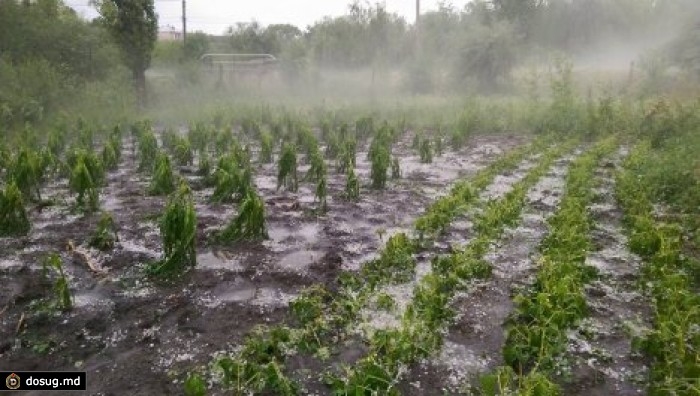Rains in Argentina and Brazil are now the main factors affecting agricultural markets

Heavy rainfall in Argentina at the end of last week partially reduced the impact of the drought on soybean and corn crops. Another wave of rain is forecast this week, and traders are awaiting its results.
Global markets reacted to the improved weather in Argentina by lowering soybean and corn prices, but the biggest impact of weather factors on prices will be seen in February and March, when Brazil will finish harvesting first-crop soybeans and corn, and Argentina will begin harvesting.
Analysts believe that the rains brought by several fronts to Argentina will stabilize the condition of soybean and corn crops, but will not be able to significantly improve it. Next week, another front will bring a new wave of rain, which will have a positive effect on crops.
In southern Brazil, there will also be rain over the weekend, which will improve the filling of soybeans and corn. At the same time, in the central regions of the country, heavy rains delay the harvesting of soybeans.
The Midwest and Central and Southern Plains received heavy snowfall this week, which improved winter crop conditions, especially in the Southwest region where crops suffered from drought. This led to a decrease in wheat prices at the beginning of the week. But frosts are expected in the region soon, reaching -20...-15 o C at night and posing a threat to crops that are not covered by a layer of snow. True, frosts are expected to be short-lived, so there is no speculative market reaction to these forecasts yet.
An abnormally warm winter is observed in Ukraine. During January 1-20, temperatures in the east exceeded the norm by 2.5 o C, in the west and south by 5 o C, so there are no risks for crops. A slight cooling is expected next week, but there will be no severe frosts until the beginning of February.
The history of meteorological observations shows that a severe winter in February is not excluded, but after a warm January, a cold February is extremely rare, but there may be frosts in April and May.
According to the IKAR agency, abundant autumn precipitation in the Russian Federation prevented the sowing of winter crops, and now frost and ice in the fields worsen the situation, so it is possible that about 1 million hectares will have to be reseeded in the spring. In the Volga, winter crops may die in some places due to very low temperatures. In the south, there is a lack of moisture, but this is not critical as long as the plants are in a dormant state. The Ministry of Agriculture assesses the condition of 94% of winter crops as good or satisfactory. For the 2023 harvest, 17.7 million hectares were sown with winter crops, compared to 18.4 million hectares in 2022.


